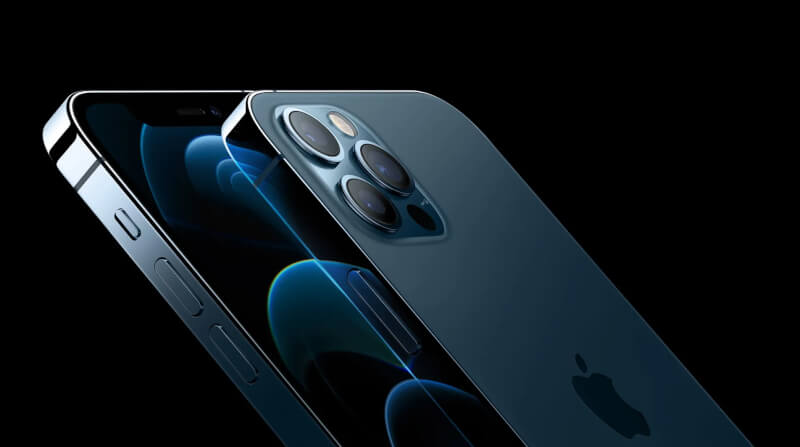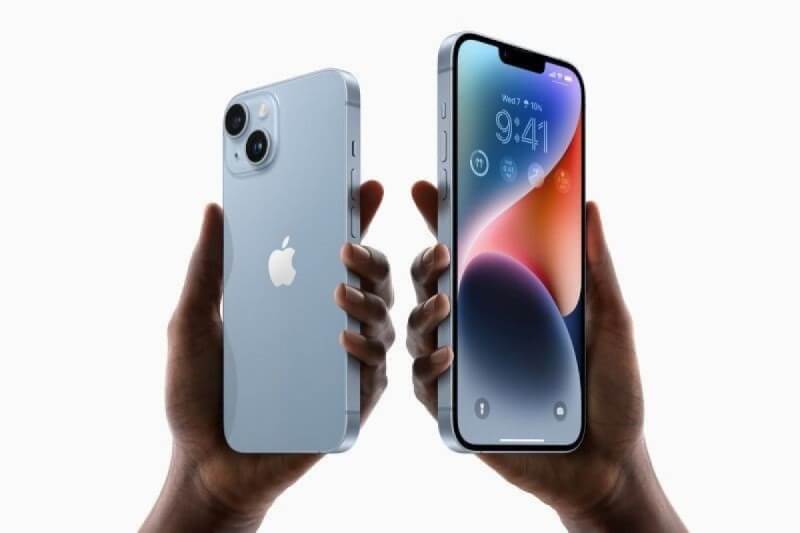Apple's iPhone Lack of innovation becomes a problem

Just a few years ago, smartphone users had plenty of reasons to upgrade after two years. Smartphones got significantly better every year. Faster processors, better screens and significantly improved cameras ensured that users were always longing for new phones. Today, innovation in the smartphone industry is harder to find.
Apple's iPhone 15 family looks and performs very much like its predecessor. For those with much older iPhones, an upgrade may make sense. But most people who upgraded in recent years aren't missing out on much by skipping this generation.
iPhone sales are falling
While a month doesn't make a trend, February was a rough month for Apple's most important business. According to UBS, iPhone sales in the US were down 9% from a year earlier, sales in China were down 16% and sales in India were down 13%. However, sales were solidly growing in Europe, but overall they fell by 4% worldwide. UBS expects Apple to sell 51 million iPhones in the first quarter, down from 56 million last year.

UBS cites some reasons for the decline. In China, stiff competition from Huawei and other domestic competitors poses a significant challenge. In the US, the popularity of Samsung's latest Galaxy smartphones and low carrier replacement rates are hurting iPhone sales.
Lower replacement rate can have several reasons. One of the reasons is probably that new smartphones just aren't that exciting anymore. With Apple producing incremental upgrades year after year, it can be difficult to convince consumers to invest in the latest devices. Higher interest rates may also be a factor.
Telecom operators often offer incentives such as low-cost financing options or deep discounts on new smartphones. Now that interest rates are no longer historically low, offering cheap financing options has become a more expensive affair. The interests of the providers and Apple are not completely aligned either. Carriers use smartphone incentives to lure customers away from their competitors, but ultimately the goal is to retain subscribers, not sell phones.
While a lower replacement rate is a big problem for Apple, it's only a minor problem for the carriers.
AI can be a problem
It seems that Apple has missed the generative AI train. The company is reportedly in talks with Alphabet's Google to use the Gemini AI model to power iPhone AI features, suggesting the company is far from developing something similar itself. It remains to be seen whether generative AI models running natively on smartphones will prove to be a game changer. But if so, Apple is likely to be behind.
Recent antitrust lawsuits increase the risk for Apple
The US Department of Justice is suing Apple for monopolizing the smartphone market, and one of the central points is the company's attempts to make it difficult for consumers to switch away from the iPhone. If Apple is forced to make changes that lower switching costs for consumers, the consequences of the company's declining rate of innovation and its subservience to AI could be amplified.
Latest smartphone
-
18 Febsmartphone
-
07 Jansmartphone
OnePlus 13
-
03 Decsmartphone
OnePlus 13 will launch globally in January 2025
-
25 Octsmartphone
OnePlus launches OxygenOS 15
-
17 Octsmartphone
OxygenOS 15 goes live on October 24
-
20 Sepsmartphone
Apple can be forced to open Siri
-
10 Sepsmartphone
A18 Pro chip in iPhone 16 Pro is 15 percent faster
-
10 Sepsmartphone
Apple's event brought lots of news.
Most read smartphone
Latest smartphone
-
18 Febsmartphone
OnePlus Watch 3 now hits stores
-
07 Jansmartphone
OnePlus 13
-
03 Decsmartphone
OnePlus 13 will launch globally in January 2025
-
25 Octsmartphone
OnePlus launches OxygenOS 15
-
17 Octsmartphone
OxygenOS 15 goes live on October 24
-
20 Sepsmartphone
Apple can be forced to open Siri
-
10 Sepsmartphone
A18 Pro chip in iPhone 16 Pro is 15 percent faster
-
10 Sepsmartphone
Apple's event brought lots of news.






